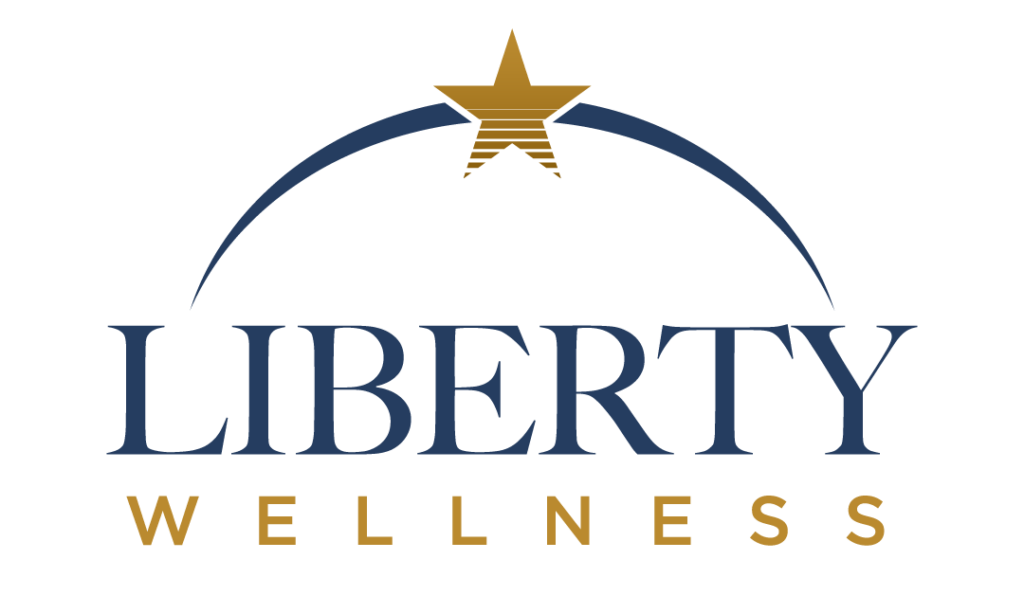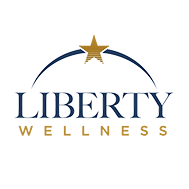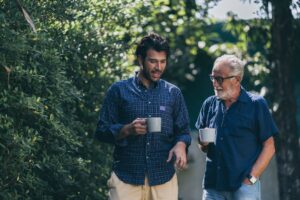At Liberty Wellness, we place a strong emphasis on helping people develop holistic wellness. When many in the field think of holistic treatment, they think of providing auxiliary services such as yoga, art therapy, massage therapy, and equine therapy. However, holistic treatment is more complex than simply providing auxiliary services. Liberty Wellness does offer the previously mentioned auxiliary services because many supplementary services are creative ways to engage individuals in a healing process, but the most fundamental holistic treatment is an approach that actually helps the person to develop wellness in a “whole” or “complete” manner, which involves individuals learning to be healthy in the core pillars of life.
The word holistic is defined as “relating to or concerned with wholes or with complete systems.” If helping someone holistically involves helping them with all of the systems of human life, then the next question would be, what are the systems of a person’s life?
They are the building blocks of a healthy human being that must be in place for all other systems to work. Each part of a person’s life is interdependent on the other parts, and if one area has a major deficit, it will negatively impact all of the other parts of a person’s life.
The five core “systems” or areas of life that we focus on at Liberty Wellness are:
- Spiritual and Psychological Wellness
- Relational and Social Wellness
- Physical and Biological Wellness
- Vocation and Financial Wellness
- Leisure and Recreational Wellness
These five aspects of holistic wellness are a condensed version of the Wellness Wheel, focusing on the most essential aspects of human flourishing. If an individual stops using substances but does not have these core areas of life functioning at some level, then these deficits in wellness will inevitably negatively affect a person’s quality of life and possibly lead to relapse.
As a common analogy, you can think of these five aforementioned core areas of wellness as five legs on a stool you can sit on for stability. The most stable stool to sit on is one with all five legs. If one or two legs are missing, the seat becomes unstable and is more prone to not carrying the weight upon it.
In human psychology, the more one of these five areas is underdeveloped or ignored, the more unstable the person, which means that as the weight of life rests upon the individual, it will lead to subsequent instability, and possible collapse. Thus, developing holistic wellness with individuals when treating substance use and other mental health disorders is essential for quality of life and preventing relapse.
Providing an individual with creative new experiences as a holistic service can definitely have its benefits. However, more than only providing an opportunity to experience a momentary physical intervention, such as massage therapy, true physical wellness
occurs when an individual understands how to implement a lifestyle that leads to sustaining physical health. Some of the core areas of health that contribute to lasting physical wellness are having a nutritional diet, healthy hydration, routine exercise, sufficient sleep, routine medical visits, and medication compliance (when medications are prescribed). An individual with poor physical health may receive massage therapy once a week, which helps them alleviate some pain and tension momentarily, but without understanding how to live a healthy lifestyle the massage therapy will mean little for their long-term physical wellness. It appears that many treatment centers offer
short-term, creative supplemental services believing that this is “holistic treatment.” Still, that mentality does not produce individuals with long-term well-being where the entirety of their life is being addressed adequately. Our program aims to walk individuals through the skills required for life by making wellness a fundamental focus of the interventions we utilize.
The current treatment ethos has come to embrace going beyond only helping individuals to stop using substances, but has often offered superficial interventions to treat the entire life of the individual. Elaborating further on this idea of holistic treatment being the treatment of the whole person, let’s examine the example of treating a person’s “physical” aspect or system. As mentioned above, diet is an important part of physical wellness. However, developing a healthy diet is not an easy task. Things such as basic nutritional knowledge, how to shop for food effectively, meal planning, cooking skills, etc. are required to have a healthy diet. Providing delicious meals from the treatment center’s personal chef to “treat their physical health holistically” is a helpful and warranted intervention in treatment, but it by no means provides any of the knowledge or skills to help a person develop physical wellness or become more holistically healthy in their body long-term. Providing tasty food for individuals may be a nice experience, but how much does it help them become more physically well over the course of their life? At Liberty Wellness, we attempt to holistically treat a person’s physical health by teaching individuals the practical knowledge and skills to become healthy so that their energy levels are optimal, which enables them to achieve life tasks more effectively.
In conclusion, I think it is helpful having a variety of supplementary experiences and services offered to individuals throughout their time in treatment. It is not that these services are useless, but that they are only part of the fuller picture of offering holistic treatment. Teaching people the building blocks of living a healthy and stable life spiritually, relationally, physically, vocationally, and recreationally are the core essence of holistic treatment and ideally would be included in all treatment programs.
The final point is that sometimes it can be assumed that individuals have the knowledge, skill, familiarity, and capacity to achieve a basic aspect of wellness, such as going on a beneficial food shopping trip (where the cart is not only filled with Oreos, Red Bull, and chips), but this is often not the case.
Life skills such as this often need to be taught, demonstrated, and practiced until someone implements this in their life adequately and consistently. Taking the time to break down the small steps required to live a balanced and healthy life may be less flashy, but the benefits for individuals are well worth the investment. Liberty Wellness is committed to investing in our clients holistically, in the true sense of the word.





